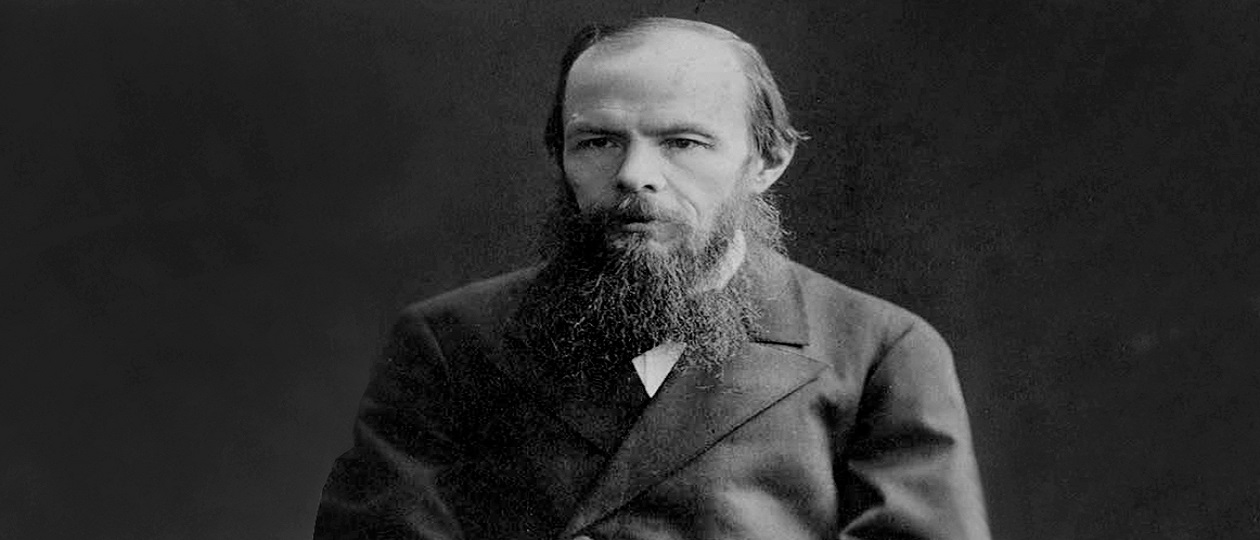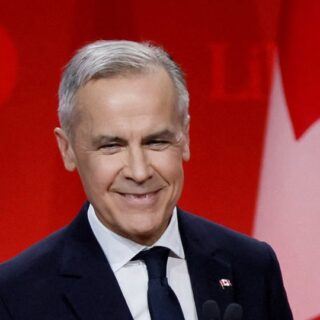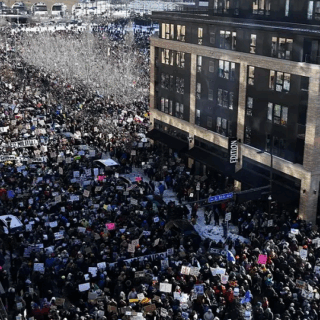
The author’s voice is never equal to the character’s voice — but often sounds through it.
In the case of Dostoevsky’s novels, everyone regularly wants one thing: to find where it is no longer the hero who speaks, but the author himself.
The presupposition here must be absolutely unbreakable: where the Dostoevsky’s hero speaks, we NEVER hear the author’s voice in its absolute and final form. Even in the case of the elder Zosima (and not only with the Underground Man).
It’s not for nothing that Dostoevsky often uses a narrator or a character’s narration — he does it to keep us from getting confused. It’s clear that the Underground Man is speaking. Dostoevsky knows how to speak through the character’s voice.
As a rule, and this is very evident in The Brothers Karamazov, he uses the part of the word that the character hasn’t used or hasn’t made relevant in the current context.
This is an example of how he achieves this. Mrs. Khokhlakova is a wonderful character who talks a lot as soon as she appears, which gives the author a great opportunity to use her speech. And since she is a flighty and sometimes foolish woman, this material becomes even more valuable.
For example, there is the story of Elder Zosima, who was expected to perform miracles after his death, but instead stank. And Rakitin tells Alyosha that Mrs. Khokhlakova sent him a letter in which she writes that she did not expect such a venerable old man as Elder Zosima to “do such a thing.” Rakitin emphasizes, “That’s exactly what she wrote — a ‘thing.’” This is very funny at the level that Mrs. Khokhlakova is talking about. But what about the level of the author’s word?
Elder Zosima, in fact, played the same role for Alyosha that the Grand Inquisitor played for the “millions of innocent children” — the adults whom he converted to himself, not to God. And here Alyosha came to the monastery where he met the elder, not God. He only met God in the chapter “The Marriage at Cana.” He will tell Liza Khokhlakova directly that he may not believe in God. He loves and believes in his elder.
Elder Zosima absolutely did not want this — unlike the Grand Inquisitor. Here, it is done not at the expense of the leader’s desire, but at the expense of the follower’s desire. And now, if Elder Zosima had truly begun to “perform miracles” after his death (as Rakitin happily put it), Alyosha would have been completely solidified in his position. He would not have needed God; he had Elder Zosima. And then Zosima (and Khokhlakova makes it clear to us that he does this quite consciously and in accordance with his own will! — for this is his ACTION) retreats into the realm of the laws of nature in order to show the difference between himself and God.
And then, in the chapter “The Marriage at Cana,” he serves as a guide for Alyosha to the One who is “Our Sun” (and whom Alyosha is “afraid to look at” without the elder’s guidance).
In other words, Mrs. Khokhlakova has made a mistake. And Dostoevsky, using this empty word of hers, builds his grandiose concept, thus contrasting Zosima with the Grand Inquisitor. This is how the character’s speech and the author’s speech relate to each other. Therefore, once again, when a character speaks, we do not hear the author’s voice in these discursive words. This is because the author’s voice will manifest itself in a much more complex structure, expressing something much more complex and grandiose than what the character’s words convey, even if the character is the elder Zosima.





